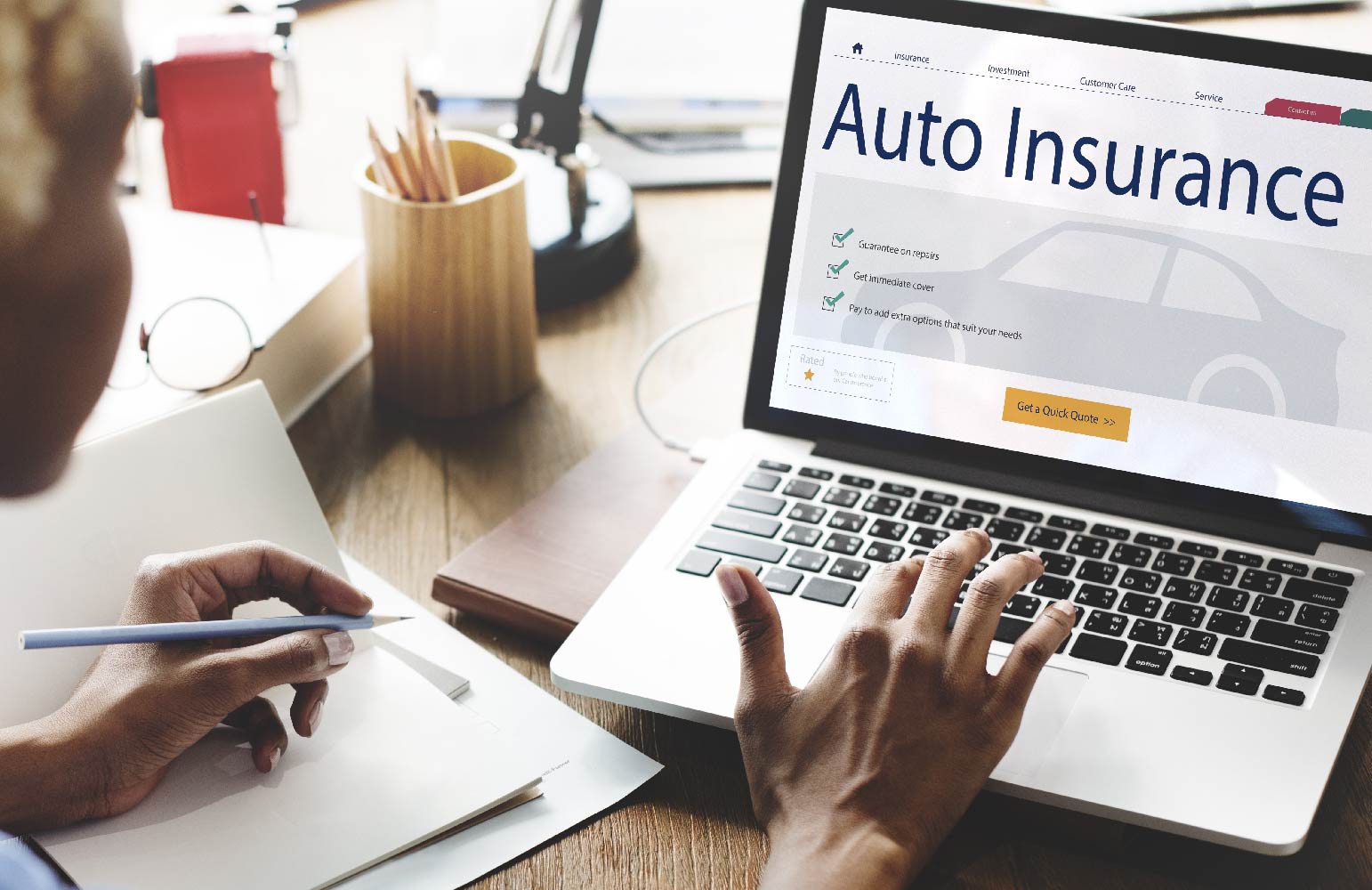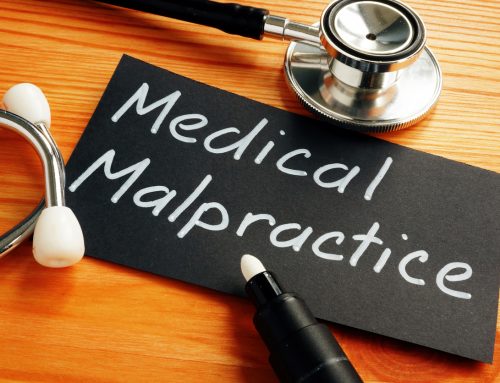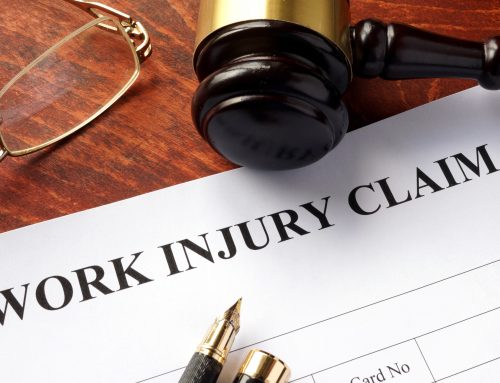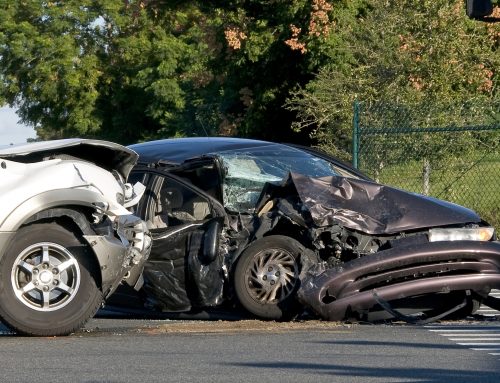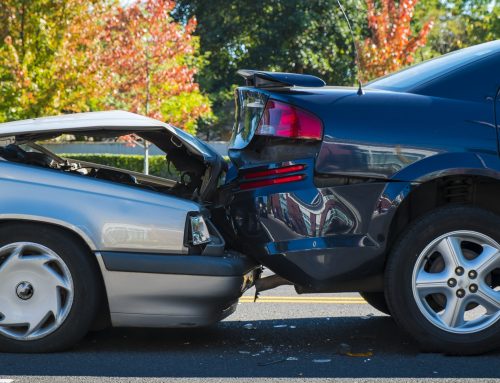All drivers in New Jersey (and most other states) are required to carry auto insurance to cover expenses in the event of an accident. While many drivers opt for more affordable state minimum policies, these may not be sufficient for your needs. Before you can choose the best policy for you, it’s important to remember that you get what you pay for, and that some types of coverage may be more appropriate for certain drivers and vehicles.
Do You Have Enough Auto Insurance Coverage?
In states that mandate auto insurance coverage, there is usually a minimum amount of insurance you need to carry. If you only carry the state minimum level of insurance and you get into an accident, you may be financially responsible for some of the damages in excess of your policy limits.
If you are responsible for an accident, liability and property damage coverage can help you pay for another person’s injuries and damage to their property. If you are involved in an accident, Personal Injury Protection can cover your own medical expenses while collision insurance will cover damage to your vehicle. Uninsured/underinsured motorist coverage can protect you when another person causes an accident and does not carry adequate insurance limits. Comprehensive coverage can cover damage to your vehicle that is not related to a collision.
Coverage Limits
Your policy will have limits on how much the insurance company will pay on auto claims. If there is a claim made against you in excess for your coverage limits, you may be responsible for paying the difference. Personal Injury Protection, PIP, limits are available for up to $250,000 in medical coverage for injuries arising from an auto accident. So called “cost saving” options for PIP are available with as little as $15,000 in coverage. While perhaps minimally reducing your premium, this limited coverage doesn’t go far in covering medical costs. That’s why it’s so important to select the right coverage levels to protect your personal assets.
Tort Thresholds
Under New Jersey law auto insurance policies will have a tort option that determines when you can sue another party for non-economic damages, (pain and suffering) arising from an auto accident. If you select the “zero” threshold option, your ability to pursue non-economic damages caused by an accident will be unrestricted. If you don’t opt for the “zero” threshold, you will automatically have the “verbal” threshold, commonly called the “Limit on Lawsuit” threshold on many policies. The “verbal” threshold limits your right to pursue a claim for pain and suffering unless you can prove you’ve sustained a specific type of injury. While having the “verbal” threshold will usually result in a lower premium it can severely limit your right to pursue a claim for damages due to another driver’s negligence.
In Conclusion
While we are not insurance professionals, we frequently see what can happen when someone has been involved in an accident and they do not have adequate coverage. In some cases, our clients have been severely limited in their ability to seek compensation, so it’s so crucial to select the right types of coverage and coverage limits. That is why we recommend you consult with an insurance professional to purchase insurance or review your existing policy to make sure you have the right coverage. IF you have been injured in an automobile accident and are interested in pursuing a claim, our car accident lawyers in New Jersey can help you. Call (732) 828-1300 or fill out the online form on our contact page to schedule your free consultation today.

